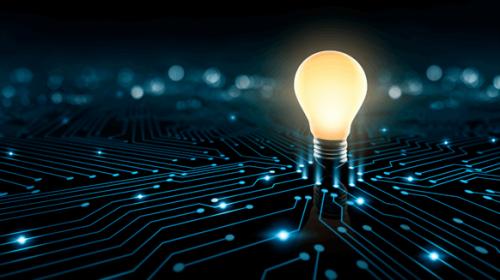
All the computers around the world trying to mine cryptocurrency tokens are competing in a race against time and each other, trying to find exactly the right solution to the hashing algorithm that unlocks the tokenised reward. This complicated algorithm requires a gazillion guesses to arrive at the correct answer, and the more guesses your computer can make, the better your chance is of winning the race. The faster your computer, the more guesses it enables, but with a concomitant consumption of energy.
\r\nSo, bigger computers and faster speeds inevitably equal more electricity. Also, with higher rewards come more network users in the race, and that means that the algorithms also get harder, and even more computing power is required to solve them. The nodes on the blockchain also need further electricity on the blockchain which all have to verify each transaction made.
\r\nPart of the dissatisfaction with today\'s Bitcoin is that the network is so overloaded, which means that transactions take a long time to complete and cost a lot to process. Many newer systems are springing up to replace it but, again, more blockchains means more electricity. With the blockchain revolution that is looming on the horizon, how will the world cope with the energy demand?
The blockchain industry has grown exponentially, disrupting traditional markets and creating new opportunities for innovation.
MoreThe UAE has amassed $40 billion in Bitcoin, solidifying its ambition to become a global cryptocurrency hub.
MoreAustralian Computer Scientist Craig Wright Found in Contempt by UK High Court
MoreIn a bold move reinforcing its commitment to cryptocurrency, MicroStrategy announced the acquisition of 5,262 bitcoins for $561 million, elevating its total Bitcoin holdings to an impressive 444,262 BTC, valued at approximately $42.1 billion.
More